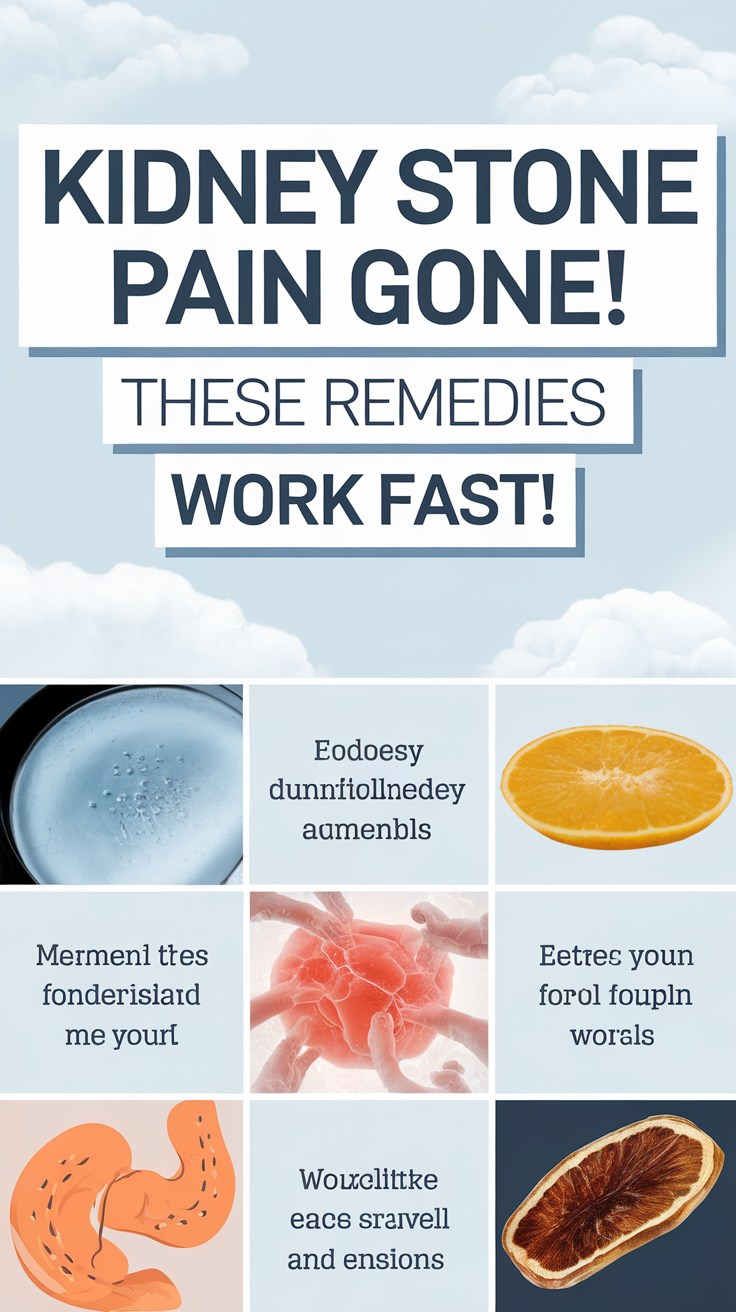Remedies for Congestion That Actually Work
When you’re struggling with congestion, finding relief becomes your top priority. You’ll discover that both time-tested natural remedies and modern medical solutions can effectively clear your airways and ease discomfort. While many people reach for the first decongestant they see, understanding the specific type of congestion you’re experiencing will help you choose the most effective treatment. Let’s explore proven methods that target different forms of congestion and provide real relief.
Understanding the Different Types of Congestion
Congestion manifests in two primary forms: nasal and chest congestion.
When you’re experiencing nasal congestion, your sinuses become inflamed and filled with excess mucus, making it difficult to breathe through your nose. This type typically responds well to decongestant congestion remedies and saline rinses. Identifying specific triggers is essential to effectively address nasal congestion and prevent recurrence.
Chest congestion occurs in your lower respiratory tract, where mucus accumulates in your bronchial tubes and lungs.
You’ll notice increased coughing and wheezing as your body attempts to clear the airways. This form often requires expectorant medications to help loosen and expel the mucus effectively.
Natural Home Remedies for Quick Relief
While many people reach for over-the-counter medications, several natural remedies can provide effective relief from both nasal and chest congestion.
Clinical studies support these effective home remedies for quick congestion relief:
-
Steam inhalation with eucalyptus oil opens airways and reduces inflammation
-
Nasal irrigation using saline solution removes mucus and allergens
-
Hot ginger tea with honey reduces throat irritation and thins mucus
-
Elevated head position during sleep decreases postnasal drip
-
Essential oil chest rubs containing menthol and camphor improve breathing
Incorporating natural remedies can enhance the overall effectiveness of these approaches.
These natural approaches can be used alone or in combination for maximum therapeutic benefit.
Over-the-Counter Solutions That Work
Several proven over-the-counter medications can effectively target nasal and chest congestion through different mechanisms of action. You’ll find decongestants, expectorants, and antihistamines most useful for symptom relief.
| Medication Type | Action | Duration |
|---|---|---|
| Decongestants | Shrink blood vessels | 4-6 hours |
| Expectorants | Thin mucus | 6-8 hours |
| Antihistamines | Block allergic response | 12-24 hours |
Choose pseudoephedrine for severe congestion, but you’ll need to request it from the pharmacist. For daytime use, select non-drowsy formulations containing phenylephrine. If you’re congested at night, combination medications with antihistamines can help you sleep while reducing symptoms.
Lifestyle Changes to Prevent Congestion
Making strategic lifestyle modifications can greatly reduce your risk of developing nasal and chest congestion.
Research indicates that implementing specific daily habits can strengthen your respiratory health and minimize inflammation of nasal passages.
-
Stay hydrated by consuming 8-10 glasses of water daily to maintain mucus membrane function.
-
Maintain indoor humidity levels between 30-50% using a quality humidifier.
-
Practice proper hand hygiene and avoid touching your face to prevent viral transmission.
-
Exercise regularly to boost immune function and improve respiratory efficiency.
-
Eliminate exposure to common irritants like smoke, strong fragrances, and known allergens.
-
Incorporating anti-inflammatory foods into your diet can further support respiratory health and alleviate congestion.
When to Seek Medical Attention
Although most cases of congestion resolve naturally within 7-10 days, certain symptoms warrant immediate medical evaluation.
You should seek medical attention if you’re experiencing severe facial pain, fever above 101.5°F, thick green or bloody nasal discharge, or symptoms lasting longer than 10 days. These could indicate a bacterial infection requiring antibiotics.
Contact emergency services if you develop difficulty breathing, severe headache with neck stiffness, or mental confusion.
These symptoms might signal serious conditions like bacterial meningitis or severe sinusitis with complications.
Don’t ignore persistent congestion in children under 3 months, as they’re particularly vulnerable to respiratory complications.







